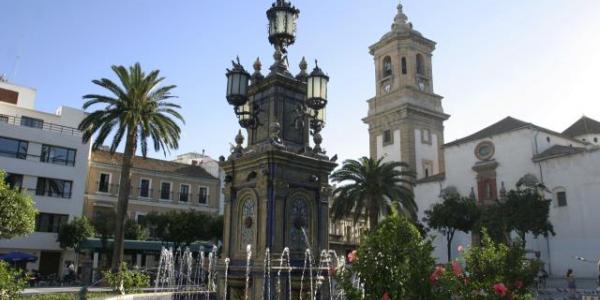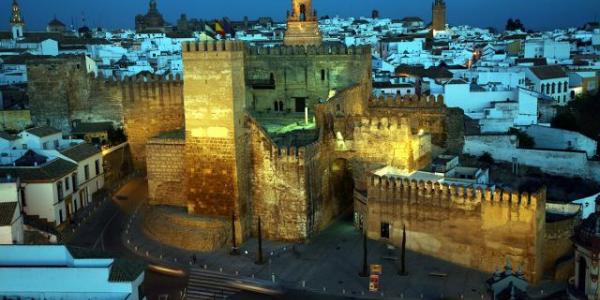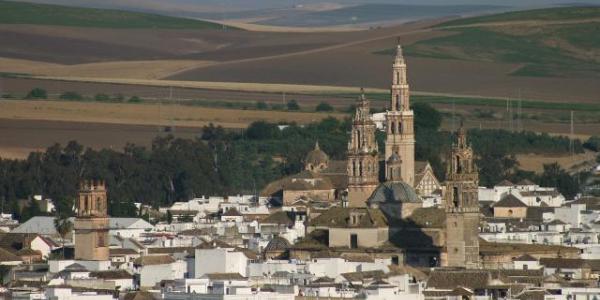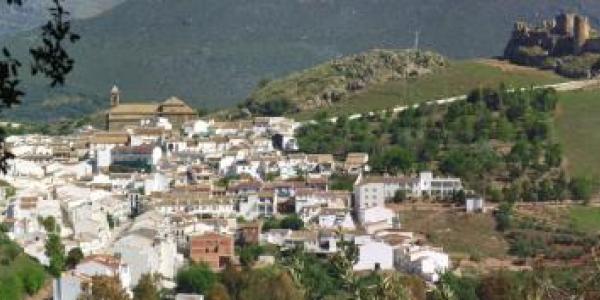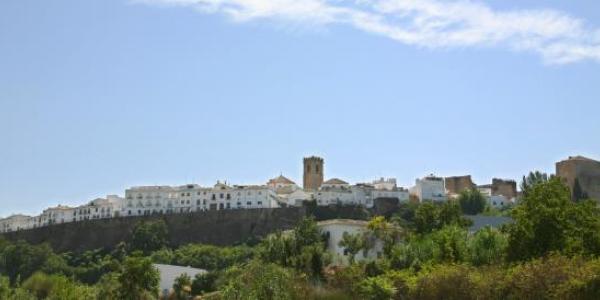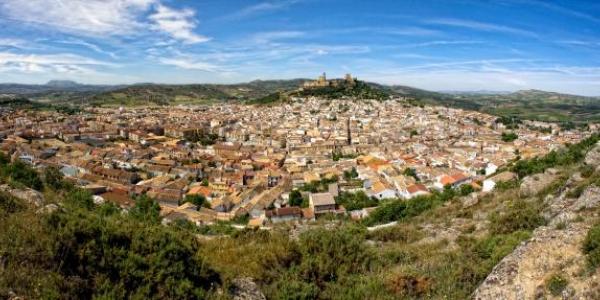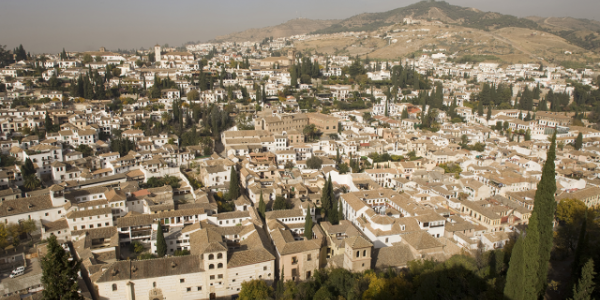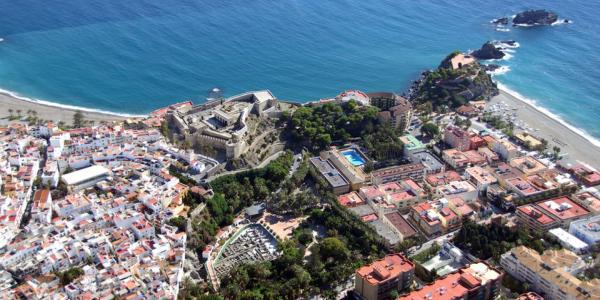
Some years ago, an important development of tropical crops took place in the province of Granada. Almuñécar is currently one of the top producers of tropical fruits worldwide.
The most important crops in the area include custard apple, avocado, medlar, mango or papaya. These fruits, in addition to being a fundamental part in the gastronomy of Almuñécar, play a prominent role in the local economy. Almuñécar enjoys a unique microclimate that, in addition to contributing to the health and welfare of its inhabitants, allows the existence of many tropical crops. The bulk of the crop is concentrated in the fertile valleys of Seco and Verde rivers that, for over one hundred years ago, favour the growth of exotic tropical fruits.
The Mediterranean provides with delicious fish, the essential raw material for the preparation of dishes in this area. Traditional recipes such as marinades, stuffed squid, salted fish, fish moragas (roasted fish) or the popular sardine espetos –roasted and grilled on fires lit on the beach.
Almuñécar dishes include fried pumpkin, toasted semolina crumbs, roasted garlic soup, the mohína casserole, fritters and a wide variety of dishes made with tropical fruits, such as ice cream and custard apple pie, avocado mousse with prawns...
As for Almuñécar crafts, bobbin lace tradition is well established in Almuñécar, where bolilleras (bobbin-lace making women), celebrate exhibitions and meetings as they keep this magnificent work alive. Not less traditional are the handicrafts that some neighbours still manufacture. Leather arts, products made with esparto and wicker, basketry, glass and jewelery making still remain.
This game of wire twisting, plaiting and lacing gives as a result a craft of great beauty that is part of Almuñécar’s history and customs. This labour has barely been varied during four centuries of existence.



